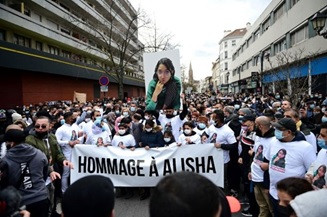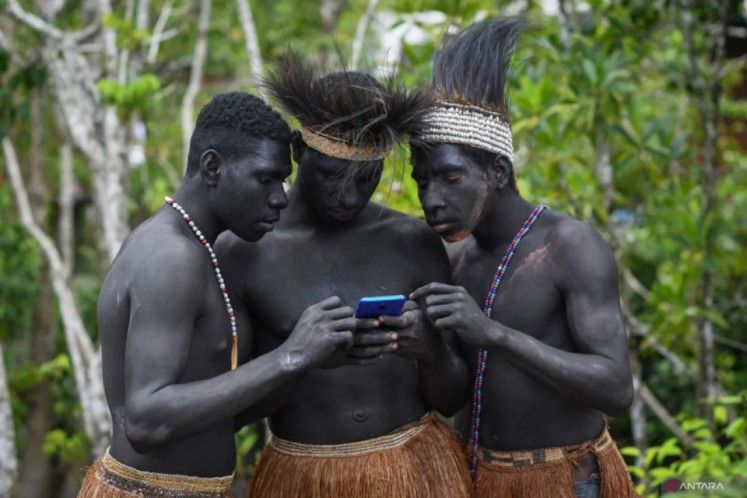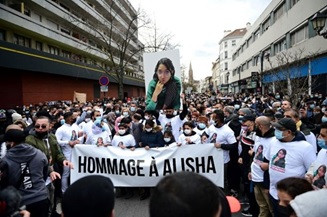Popular Reads
Top Results
Can't find what you're looking for?
View all search resultsPopular Reads
Top Results
Can't find what you're looking for?
View all search resultsWomen, peace and cybersecurity
The Council for Security Cooperation in the Asia Pacific's women, peace and security agenda, with participation, protection and prevention among the pillars would be useful to frame and streamline approaches to create safer cyberspaces, mainly because it cuts across political-security, economic and sociocultural pillars.
Change text size
Gift Premium Articles
to Anyone
T
he COVID-19 pandemic was transformative, with the internet population swelling by 782 million people since 2019. Prior to the pandemic, the Economist Intelligence Unit estimated that globally, men were 21 percent more likely to be online than women, rising to 52 percent in the world’s least developed countries (LDCs).
The digital divide persists today, where it can be a gendered divide or due to the unique position from socioeconomic status. So even when looking at cyber, women, peace and security, there will be gaps and differences in data between developed, developing and least developed countries.
Offline factors attributed to culture, such as gender gaps or views subscribed toward women impact gendered online experiences. Furthermore, women are not single entities with different lived experiences, therefore, vulnerabilities online can be heterogeneous yet are based on gendered experiences.
The statistics are pretty stark on the negative impacts of cyberspace on women, particularly with gender-based violence against women. For example, a United Nations Women report on the first year of the pandemic showed online misogynistic hate speech and references grew by 100 percent following the introduction of COVID-19 lockdowns and quarantines.
In journalism, a 2020 UN educational, scientific and cultural organization (UNESCO) report noted that out of 901 female journalists interviewed, 73 percent experienced online violence with 20 percent of those cases having traversed offline, impacting women of color more. Amnesty International also found that women with disabilities and lesbian, bisexual, transgender or intersex women (LBTI) experienced higher rates of online abuse on Twitter.
There is also a gendered impact of online harm. A report by Sensity AI, The State of Deepfakes 2019 Landscape, Threats, and Impact, found that 96 percent of deep fakes were nonconsensual sexual deep fakes, and of those, 99 percent were made about women. Data breaches can have a specific impact on women’s privacy, particularly as personal data breaches can be related to sexual and reproductive health rights, dignity and self-development.
Cited in a report by the Association for Progressive Communications and the Women’s International League for Peace and Freedom was a data breach of a public health system in Brazil that compromised the details of 15,926 mothers, 4,237 abortions and 181 stillbirths. As abortion is illegal in Brazil, the possibility of potential criminal charges and any additional emotional impact adds to responsibilities in managing data and ensuring cybersecurity practices are high. In 2017 Amnesty polled 4,000 women in eight countries and found that over three quarters (76 percent) of women who had experienced abuse or harassment on a social media platform made changes to how they used platforms. This included restricting what they post: 32 percent of women said they’d stopped posting content that expressed their opinion on certain issues.



















